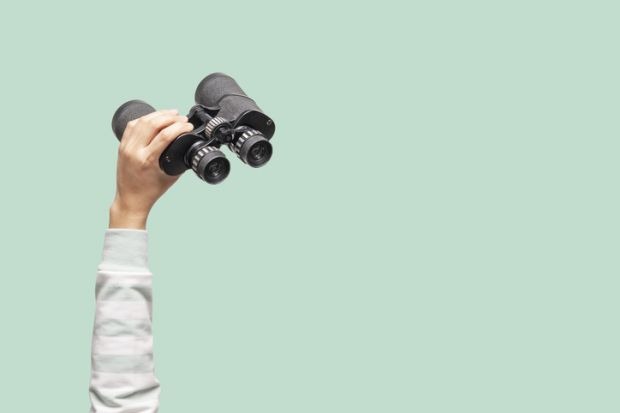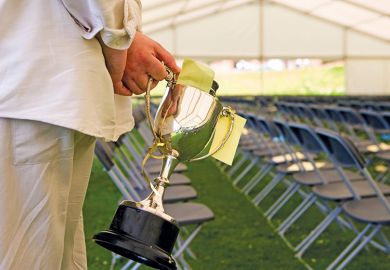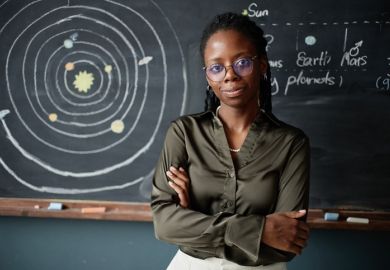An online database of scientists across the globe is helping to rebalance the representation of women in public perceptions of science by challenging the notion that they are difficult to find.
The Request a Woman Scientist initiative was established in January last year by a group of scholars petitioning the sector to improve female visibility on panels, in boardrooms and in the wider media.
The database hosts contact details for more than 8,670 individuals from at least 135 countries, according to most recent figures.
Publishing a report of the website’s progress in Plos Biology this month, project leaders found that the scheme had been successful in providing a resource for journalists and event organisers looking to recruit female experts for news stories and panels, as well as other scientists seeking collaboration.
But experts signed up to the database were still being underutilised, the report cautioned. Of the 1,278 who responded to a survey, just 11 per cent said that they had been contacted after signing up to the Request a Woman Scientist database.
Researchers suggested that this figure could be an underestimate of the true number of women contacted, since not everyone will have referenced the database as their resource upon making contact.
Speaking to Times Higher Education, Liz McCullagh, a postdoctoral fellow at the University of Colorado Denver and co-leader of the 500 Women Scientists organisation, which set up the database, said that it was clear the exercise had far to go. A persistent barrier remained in that third parties looking for an expert in a subject area “will most likely go to old, reliable sources who they have used before – most likely to be men”, she said.
“Many of us in science have experienced the ‘manel’ – where you go to a conference and see a men-only panel, because despite there being plenty of female alternatives, the organisers ‘couldn’t find anyone’, or whatever their excuse might be,” she explained.
“I don’t think people have mal-intent when finding sources, I think it just becomes habit. Men also tend to have more confidence in answering questions on things they may themselves be an expert on, while women can be more hesitant to call themselves an expert on something they know well.”
The database has inspired a number of replica initiatives and subgroups, including one targeting women in medicine specifically. Efforts are also being made to improve the website’s functionality and marketing, expanding it to the Global South and translating it into other languages.
But women could also do more to help equate the balance, said Dr McCullagh. “Women are too modest about whether they can offer insight on something,” she said. “If a person is contacted and she doesn’t feel comfortable answering a journalist’s questions, she can offer recommendations of four or five other female experts they might want to try instead. That is also positive.”
As for those worried they are only being contacted in order to tick a diversity box of some kind, Dr McCullagh said: “No press is bad press. We just need to do it more and eventually the process will become normalised for everyone involved.”
A previous study by researchers at Princeton University in the US analysed the gender disparities of speakers at 50 prestigious universities and found that men were invited to give twice as many talks about their research as women.
The paper, published in the Proceedings of the National Academy of Sciences in 2017, fuelled suggestions that the increased visibility of men had an accumulative effect, in that those with more experience of speaking were asked to attend and speak at more events.
Register to continue
Why register?
- Registration is free and only takes a moment
- Once registered, you can read 3 articles a month
- Sign up for our newsletter
Subscribe
Or subscribe for unlimited access to:
- Unlimited access to news, views, insights & reviews
- Digital editions
- Digital access to THE’s university and college rankings analysis
Already registered or a current subscriber?









